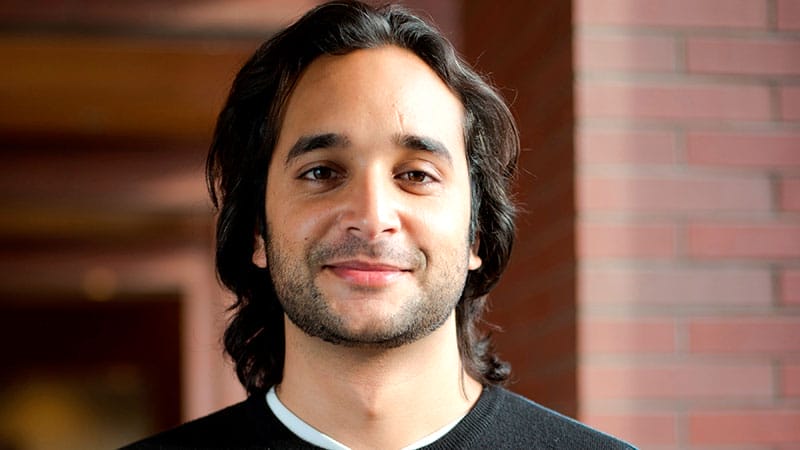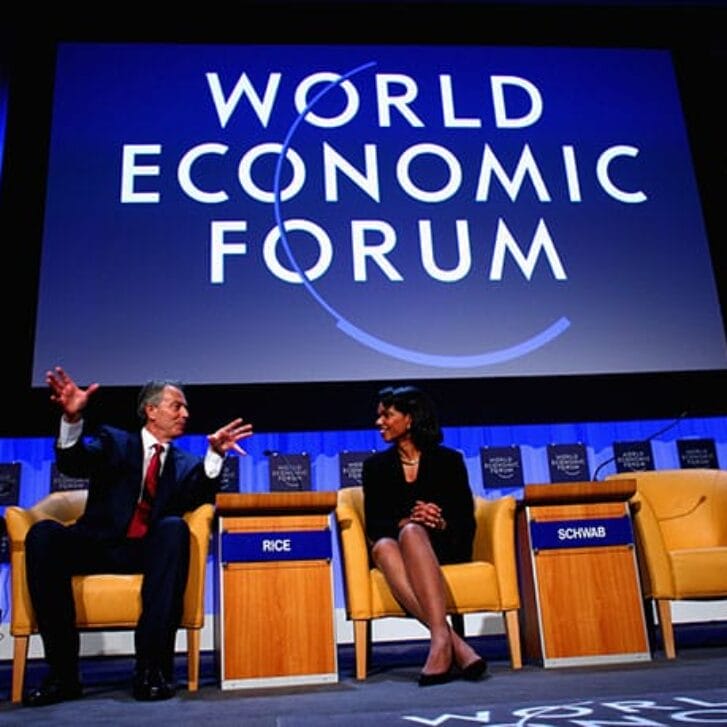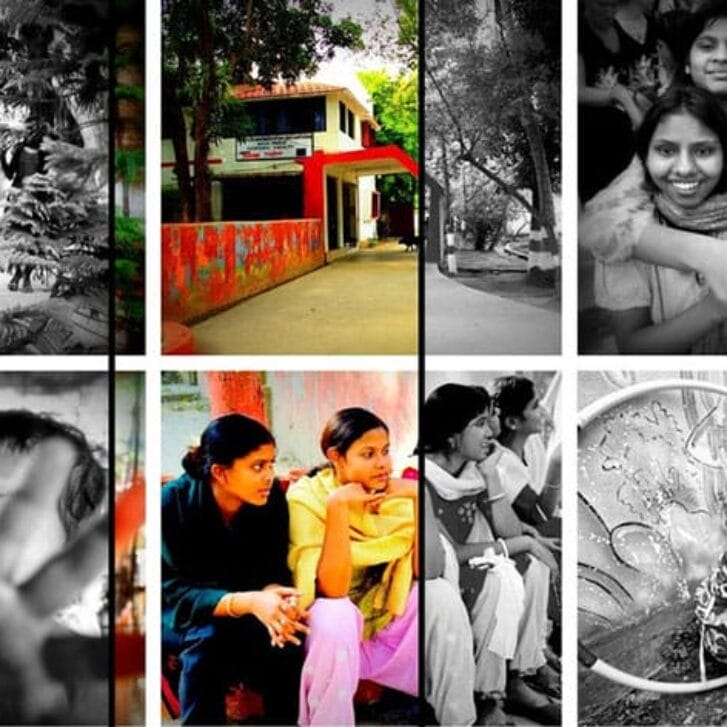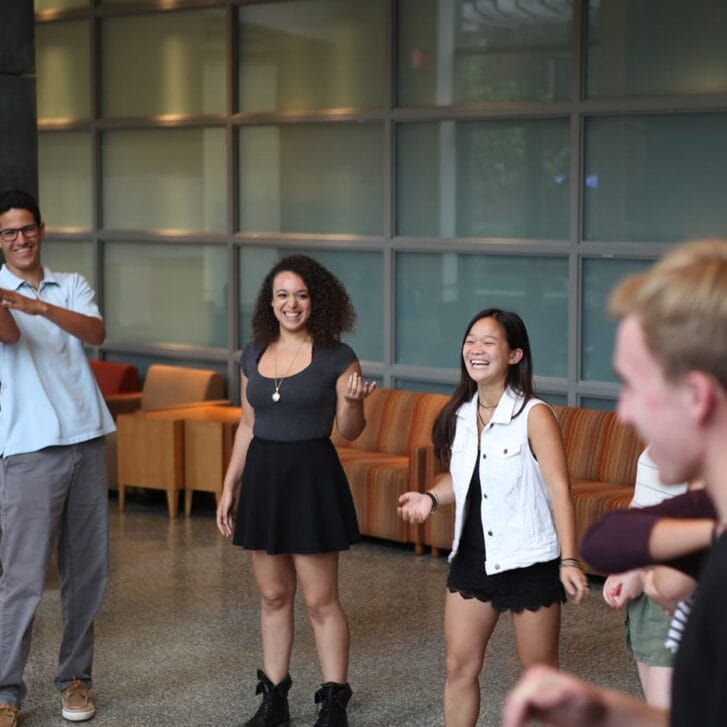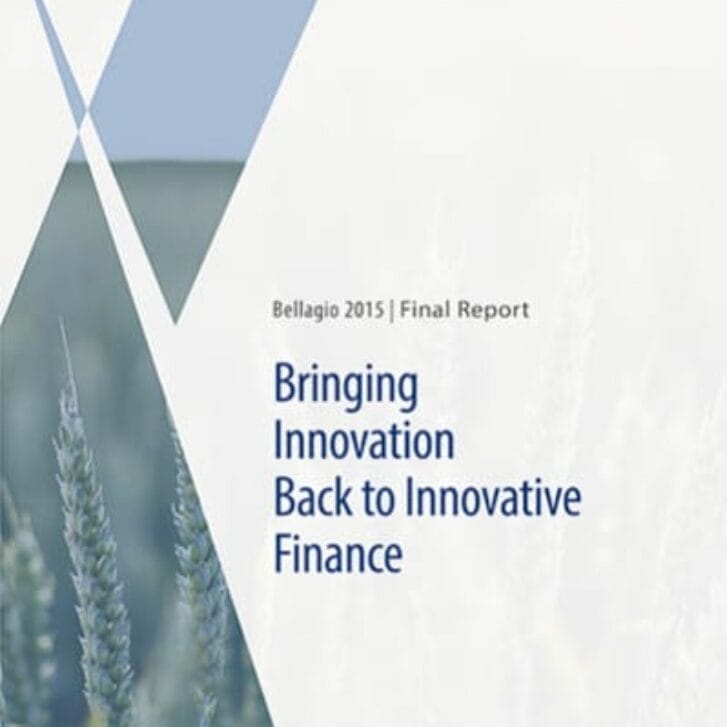The price of oil is bobbing below $30 a barrel—perhaps we’re close to a point where water will actually be valued more than black gold. Then again, until we come to appreciate water’s true scarcity, the price will always be too low. And things that aren’t valued … we know what happens to them. They’re wasted and abused. One alumnus is grappling with this problem.
“How do we advance innovative solutions to water management in the absence of a price that captures the resource’s value?”
Those are the words of Nimesh Modak WG15, a Wharton grad who earned a concurrent MPA at Harvard’s Kennedy School of Government.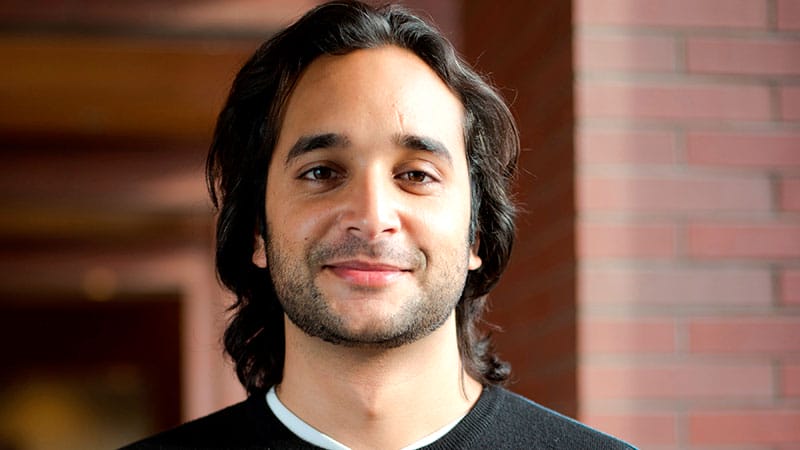
“Technology is crucial, but that alone won’t solve our problems today. We need business model innovation and bold new regulations and policies that provide the incentives to accelerate the adoption of water technology by agriculture, industry and communities. We have made strides in energy, transportation and other sectors. Why can’t we get it right in water?” he says.
As a Wharton student, drawn to water issues, Modak interned at for-profit social enterprise WaterHealth International with support and guidance from the Wharton Social Impact Initiative and alumni. That was his first taste. He decided then to make water issues his career. During his second year of graduate studies, he interned with Danone’s sustainability team to understand how a company of that scale and reach framed its business case for smarter water management.
“My experience first working with a social enterprise to then working for a multinational was intentional. And it made me understand that innovation could be sourced from diverse, and perhaps even unconventional, places,” he explains. “My internships at Wharton broadened my perspective and exposure to new levers for impact but also hardened my resolve to understand how I could impact the broader ecosystem for water innovation.”
His current role is a natural fit—on staff at Imagine H20, the accelerator for water technology startups.
Modak’s background prepared him to oversee the launch of Imagine H20’s inaugural California Water Policy Challenge, a policy brief competition designed to draw attention to water issues on a statewide scale. Of course, in California, water issues are already hot button, but the policy challenge offers a novel approach to bridging the gap between innovation and regulation. Imagine H2O received a flood of submissions—about 150 policy ideas from academia, government, industry and NGOs—everything from sharing and managing water data to innovative water infrastructure financing schemes to enabling policies for water reuse and recycling. By the end of January, the Challenge’s judges will select three finalists who will be showcased at an event in Sacramento with leading water stakeholders from across the state in attendance. The judging panel, which consists of several leading water policy experts, will identify winning entries that effectively balance impact and political viability.
The winner will receive $25,000 to “catalyze” the policy ideas, but more important than the money, says Modak, is the visibility and the network the policy challenge is providing. Modak is confident that ideas can actually flow into action—and quickly, given the year-round legislative session in the Golden State, the current historic drought and the state’s depleted aquifers.
“Forward-thinking policy … is absolutely vital to fostering the next generation of water entrepreneurs in the United States and around the world. Success is more than just giving visibility to innovative policy ideas. With the policy challenge, we want to support these ideas toward implementation. And we want to create new touchpoints for policymakers to engage and understand the innovation community,” Modak says.
Accomplishing something on a state scale would be impressive, given the nature of the “water business”—conservative, fragmented and underinvested. It is also a sector not known to attract top MBA talent, although Imagine H20 was founded by Harvard Business School alumni and now counts a Wharton MBA as a director.
“The water sector is an exciting opportunity for emerging leaders in business, entrepreneurship and social impact,” Modak says. “However, finding an access point to the industry can be a challenge.”
Despite the challenges, Modak remains optimistic.
“The opportunity to change the lives of millions and make real, lasting impact to communities through innovation makes this an exciting time to be in water,” he says.
Imagine H2O’s primary role is as an accelerator for early-stage water-focused startups. It provides a path-to-market for early-stage water-focused startups through capacity building and introductions to customers and investors. According to its numbers, the accelerator has supported 450 startups that represent $1 in every $10 in early-stage investment in the water space. It recently announced its next and seventh cohort of 10 promising entrepreneurs. This year will focus on companies that deliver water-focused data and analytics solutions—from utility process control to high-accuracy weather forecasting for smarter irrigation. Imagine H2O’s recent successes reflect a growing interest in advancing market-based solutions to global water challenges. In 2015, Wells Fargo announced a $1 million commitment to the organization, an important validation of Imagine H2O’s efforts. The organization has also announced multiyear partnerships with Suez, Tetra Tech and USAID, in addition to a growing level of interest from private foundations. The organization is leveraging these commitments to scale its accelerator program and invest in new initiatives such as the policy challenge.




















